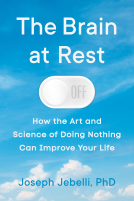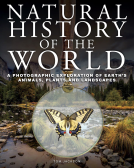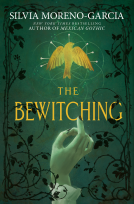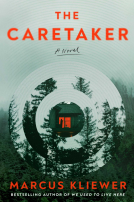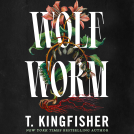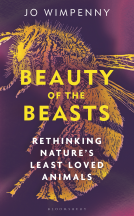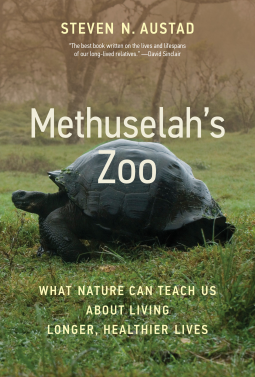
Methuselah's Zoo
What Nature Can Teach Us about Living Longer, Healthier Lives
by Steven N. Austad
This title was previously available on NetGalley and is now archived.
Send NetGalley books directly to your Kindle or Kindle app
1
To read on a Kindle or Kindle app, please add kindle@netgalley.com as an approved email address to receive files in your Amazon account. Click here for step-by-step instructions.
2
Also find your Kindle email address within your Amazon account, and enter it here.
Pub Date Aug 16 2022 | Archive Date Oct 14 2022
MIT Press | The MIT Press
Talking about this book? Use #MethuselahsZoo #NetGalley. More hashtag tips!
Description
Opossums in the wild don’t make it to the age of three; our pet cats can live for a decade and a half; cicadas live for seventeen years (spending most of them underground). Whales, however, can live for two centuries and tubeworms for several millennia. Meanwhile, human life expectancy tops out around the mid-eighties, with some outliers living past 100 or even 110. Is there anything humans can learn from the exceptional longevity of some animals in the wild? In Methusaleh’s Zoo, Steven Austad tells the stories of some extraordinary animals, considering why, for example, animal species that fly live longer than earthbound species and why animals found in the ocean live longest of all.
Austad—the leading authority on longevity in animals—argues that the best way we will learn from these long-lived animals is by studying them in the wild. Accordingly, he proceeds habitat by habitat, examining animals that spend most of their lives in the air, comparing insects, birds, and bats; animals that live on, and under, the ground—from mole rats to elephants; and animals that live in the sea, including quahogs, carp, and dolphins.
Humans have dramatically increased their lifespan with only a limited increase in healthspan; we’re more and more prone to diseases as we grow older. By contrast, these species have successfully avoided both environmental hazards and the depredations of aging. Can we be more like them?
Advance Praise
"The best book written on the lives and lifespans of our long-lived relatives" – David Sinclair
"The best book written on the lives and lifespans of our long-lived relatives" – David Sinclair
Available Editions
| EDITION | Other Format |
| ISBN | 9780262047098 |
| PRICE | $29.95 (USD) |
| PAGES | 312 |
Average rating from 9 members
Readers who liked this book also liked:
Benjamin Stevenson
General Fiction (Adult), Humor & Satire, Mystery & Thrillers


